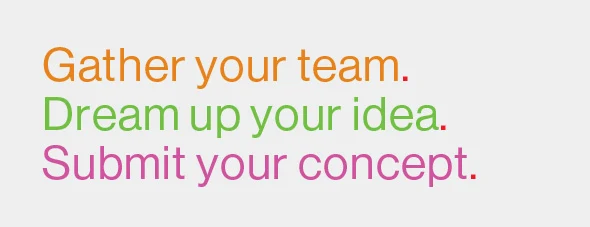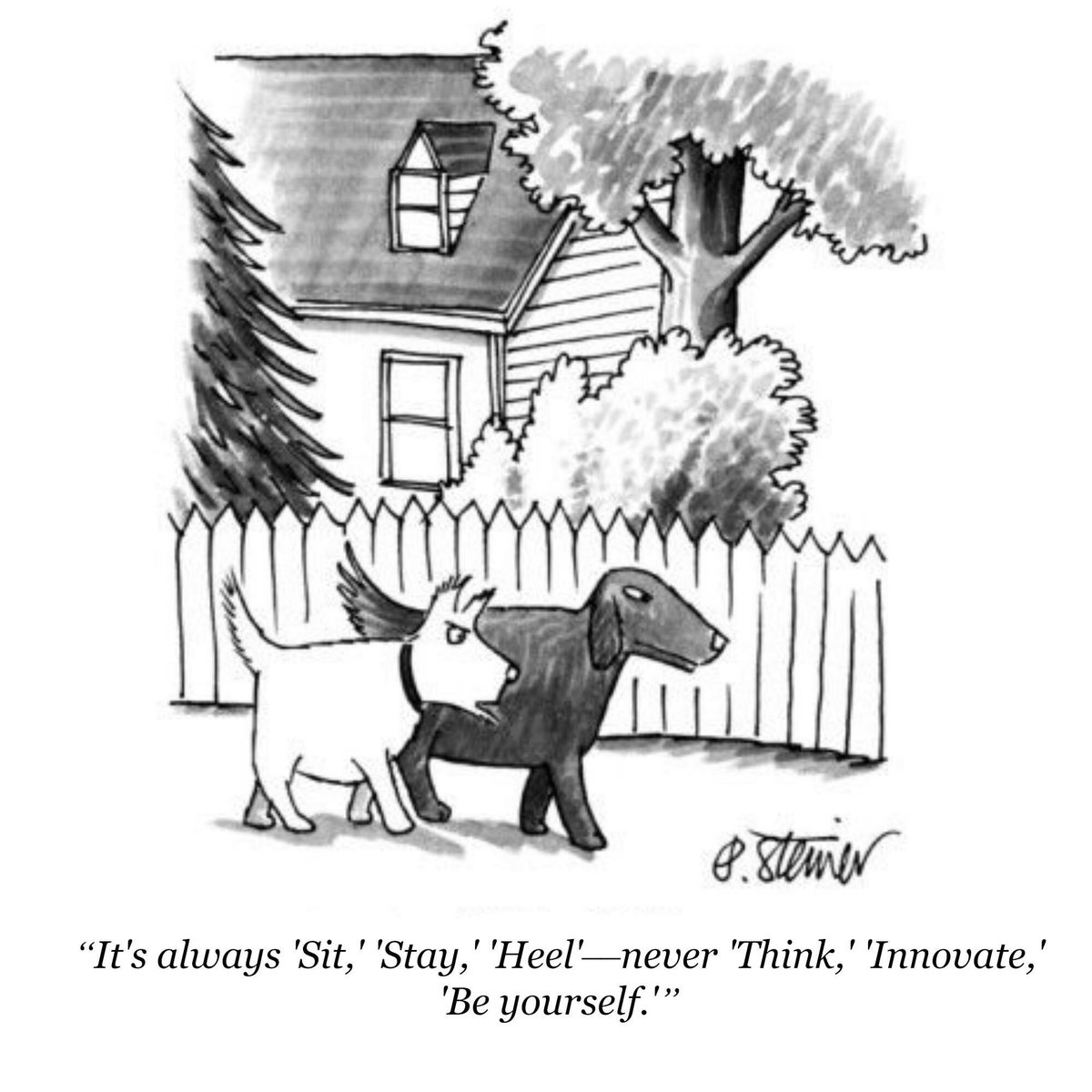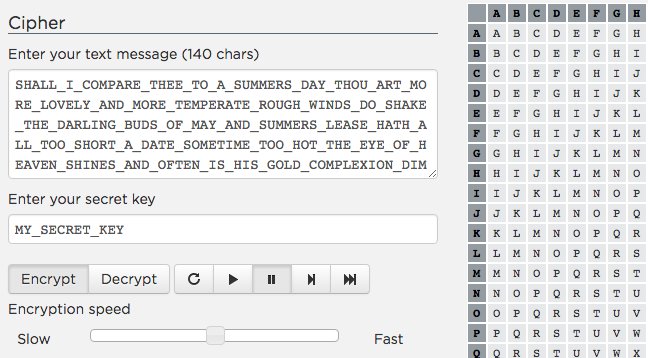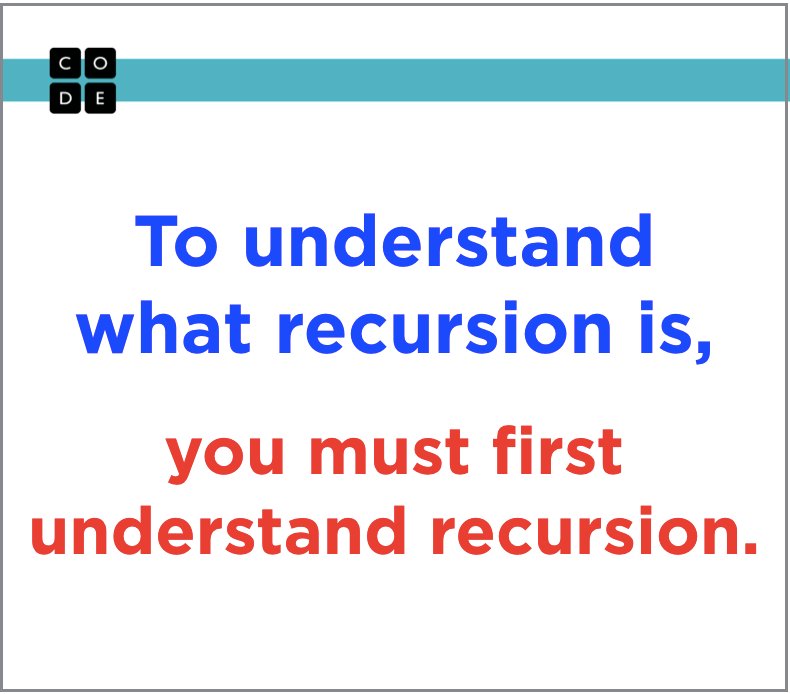Classes started at my school last week. Whoa! Getting back in the groove is hard. But I have great students and fun classes so it will be ok. I spent the weekend in New Hampshire’s White Mountains which is why today’s post is late. It was great to relax though. So now some links.
CSTA Releases Revised Standards - Computer Science Teachers Association (CSTA)
Here's how to do Turtle Art in Python! Is everyone moving to Python these days?
Giggletronics: Using MicroPython on the micro:bit Here’s some good information. I need to dig deeper into this stuff.
Feminist Computer Science Education "Helping" women in CS with impostor syndrome is missing the forest for the trees I’m still making my mind up about this one. Opinions anyone?
Great getting started with TouchDevelop video I’m linking to it for my students. It’s really good and shows a lot in about 5 minutes.
Computers Are For Girls, Too Nice post by Melinda Gates.
C.P. Snow keeps getting more right: Why everyone needs to learn about algorithms by Mark @guzdial Alan Kay (yes that Alan Kay) continues the discussion in the comments.




